Year 2022 face_with_colon_three
Precision-controlled CAR-T-cell immunotherapies could be used to tackle a range of tumour types.
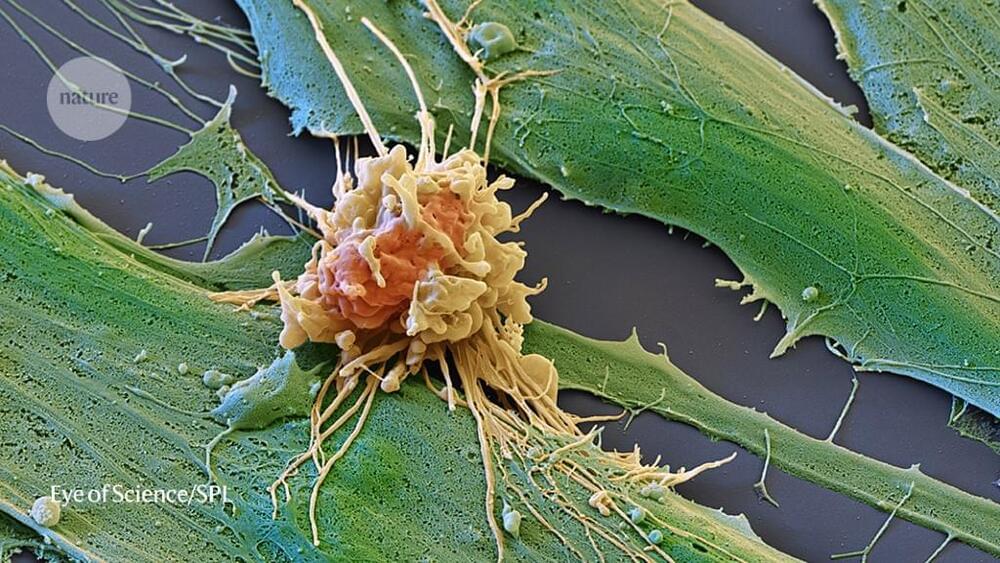
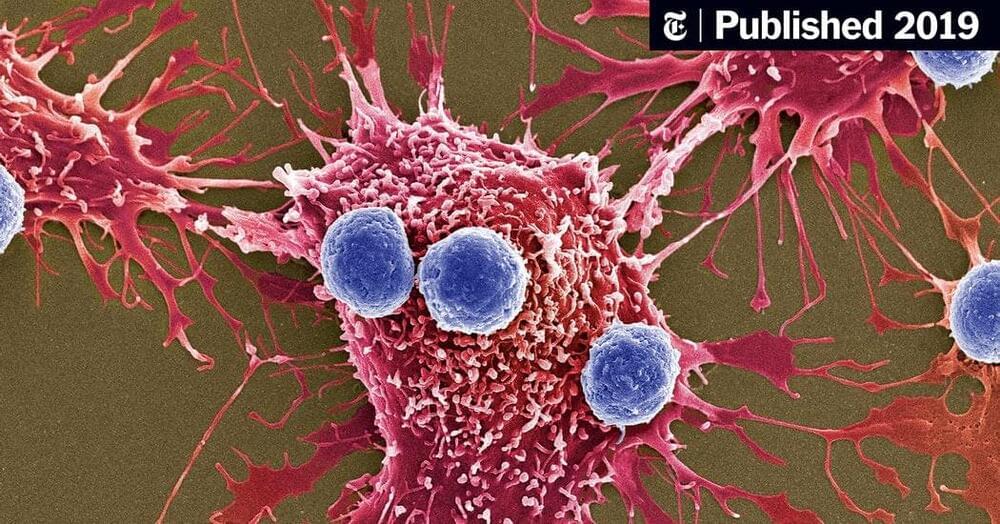

Radiotherapy (RT) is an established treatment modality of malignant tumors. Currently, photon beam therapy is the most widely used in clinical settings. Intensity-modulated photon radiotherapy (IMRT) was introduced in the mid-1990s, and it took the radiotherapy with photons to a huge leap forward. As the development of IMRT, it has been considered to be the advanced and the standard of treatment for many malignancies [1]. Although the IMRT technique can typically provide a more conformal dose distribution than the traditional RT mode, it is necessary to improve the tumor control and overall survival (OS), and reduce the RT toxicity. It is well known that the advantage of a proton beam is the physical characteristics of its depth-dose curve, with a dose peak (Bragg peak) at a well-defined depth in tissue (Fig. 1). For relatively shallow tumors, unlike the photon depth-dose curve showing an exponentially decreasing energy deposition with increasing depth in tissue, the Bragg peak allows for rapid fall-off of the radiation dose at the end of the range and a sharp lateral dose fall-off with the maximum energy deposition for each proton beam in the target region and almost no energy around it. Therefore, proton beam therapy (PBT) effectively allows the delivery of high-radiation doses to tumor cells and very low or zero doses to the normal cells, which is recognized as an ideal therapy modality for treatment of malignant diseases, especially for organs at risk (OARs) with less toxicity. As Dr. Herman Suit in the department of radiation oncology of Massachusetts General Hospital (MGH) said: “No advantage to any patient for any irradiation of any normal tissue exists; and radiation complication never occurs in nonirradiated tissues.”
In 1946, Robert R. Wilson proposed to use accelerator-produced beams of protons to treat patients with deep-seated tumors [2]. In 1954, the first patient with breast cancer was treated with proton radiation of the pituitary in the Berkeley Radiation Laboratory [3]. In 1961, protons commenced to be used for clinical treatment at Harvard Cyclotron Laboratory [4]. Initially, the clinical practice and research of PBT only focused on the tumors near a critical structure or those that responded poorly to photon radiotherapy such as ocular tumors, skull base tumors, paraspinal tumors, and unresectable sarcomas. Over the next 60 years, with the vast development of technology, the application of PBT has been gradually expanding to various neoplasms. Although increasingly more evidence has been indicated for the advantages of PBT in clinical experience, PBT is not good for all cases all of the time. It is very important to understand the benefits and limitations of protons as well as the biology and the behavior of the tumor. In this review, we summarized the latest advances and clinical applications of PBT. We also considered the challenges of treatment optimization in the era of precision medicine.
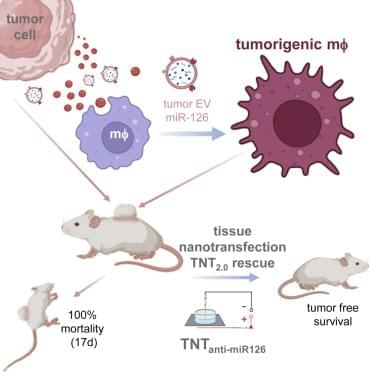
Year 2022 Nanotransfection can essentially cure cancer for pennies destroying cancer on a cellular level non-invasively not causing problems for other cells either.
Tumor cells release extracellular vesicles (EVs) containing miR-126 angiomiR cargo, which, when delivered to tumor-associated macrophages (TAMs), generate a tumorigenic TAM subset as identified by single-cell RNA sequencing (RNA-seq). Nanoscopic imaging reveals miR-126 in single EVs. Tissue nanotransfection intervention to inhibit miR-126 (TNTanti-miR-126) prevents tumor-related death and ensures tumor-free survival.

We speak at a rate of roughly 160 words every minute. That speed is incredibly difficult to achieve for speech brain implants.
Decades in the making, speech implants use tiny electrode arrays inserted into the brain to measure neural activity, with the goal of transforming thoughts into text or sound. They’re invaluable for people who lose their ability to speak due to paralysis, disease, or other injuries. But they’re also incredibly slow, slashing word count per minute nearly ten-fold. Like a slow-loading web page or audio file, the delay can get frustrating for everyday conversations.
A team led by Drs. Krishna Shenoy and Jaimie Henderson at Stanford University is closing that speed gap.
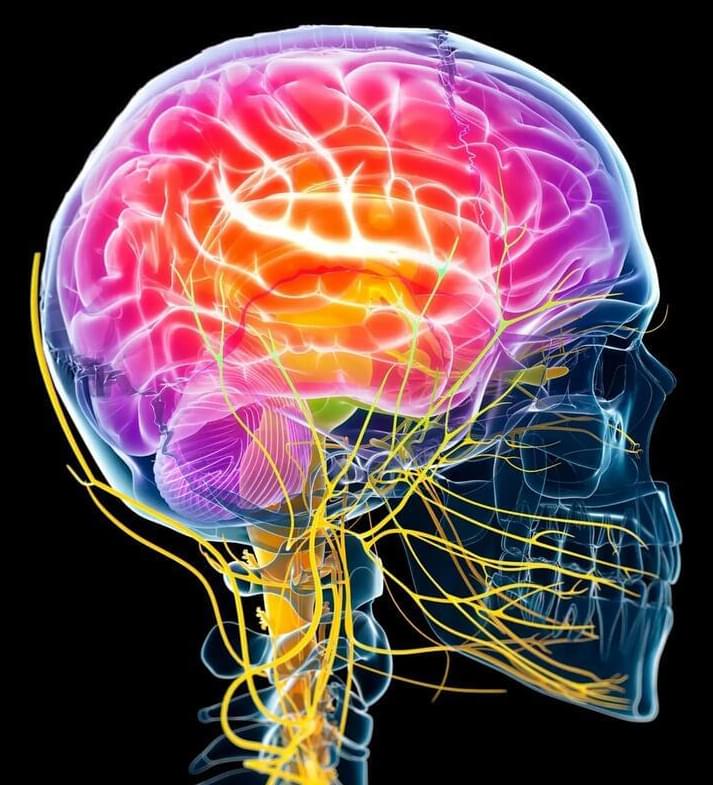
A recent study from researchers at the University of California, Irvine found that the removal of cilia from the striatum region of the brain negatively impacted time perception and judgement, opening the possibility for new therapeutic targets for mental and neurological conditions such as schizophrenia, Parkinson’s and Huntington’s diseases, autism spectrum disorder.
Autism Spectrum Disorder (ASD) is a complex developmental disorder that affects how a person communicates and interacts with others. It is characterized by difficulty with social communication and interaction, as well as repetitive behaviors and interests. ASD can range from mild to severe, and individuals with ASD may have a wide range of abilities and challenges. It is a spectrum disorder because the symptoms and characteristics of ASD can vary widely from person to person. Some people with ASD are highly skilled in certain areas, such as music or math, while others may have significant learning disabilities.
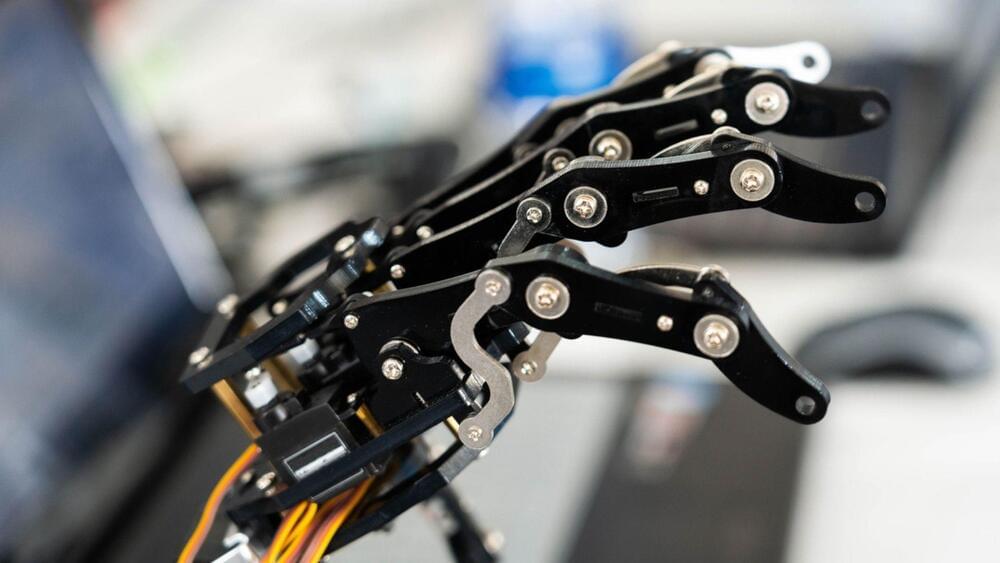
It was one of the teachers of the school’s engineering program who suggested that their classmates could help him by developing a robotic hand.
15-year-old Tennessee boy Sergio Peralta now has a robotic hand, thanks to his classmates. A group of high school students designed a robotic hand for their newcomer.
“In the first days of school, I honestly felt like hiding my hand,” he said to CBS News.
Kool99/iStock.
As reported by CBS News, Sergio Peralta was born with an incompletely formed right hand. He developed writing skills with his left hand. He claimed he could manage practically all other jobs by developing strategies for everyday activities like carrying a water bottle from class to class.

Yesterday, the Whitehouse announced that the USA and the EU (European Union) signed an administrative agreement to bring AI experts together to advance AI research as prior outlined in the U.S.-EU Trade and Technology Council (TTC) commitment.
This effort will further drive responsible advancements in AI to advance global complex challenges and develop a joint integrated research approach to achieve benefits in key research domains: extreme weather and climate forecasting, emergency response management, health and medicine, electric grid optimization, and agriculture optimization.
This article focuses on the AI leadership with the USA and the European Union in signing a new administrative agreement to do joint AI research in key global challenge areas like: climate change, healthcare, agriculture, etc.
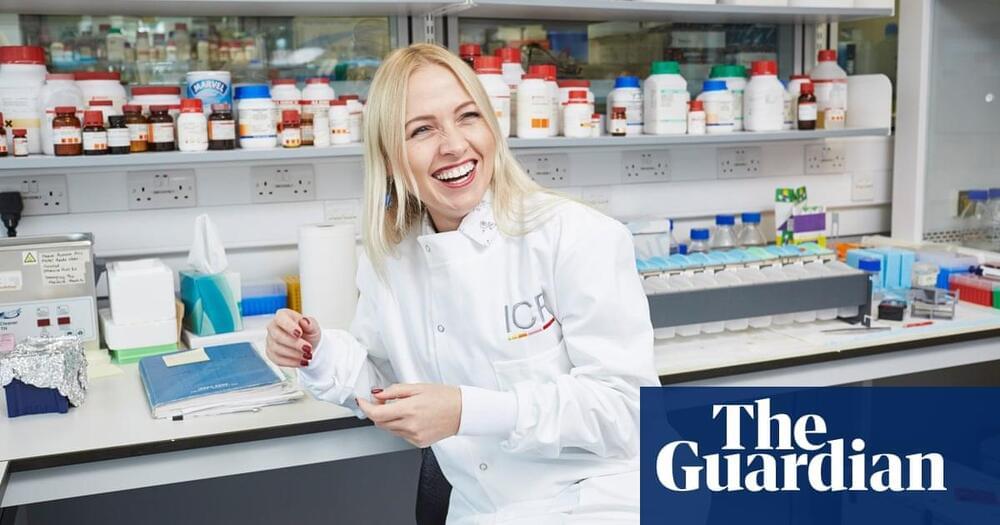
Year 2022 😗
Experts believe it is destined to become the world’s fifth major cancer treatment after surgery, chemotherapy, radiotherapy and immunotherapy.
The light-activated therapy forces cancer cells to glow in the dark, helping surgeons remove more of the tumours compared with existing techniques – and then kills off remaining cells within minutes once the surgery is complete. In a world-first trial in mice with glioblastoma, one of the most common and aggressive types of brain cancer, scans revealed the novel treatment lit up even the tiniest cancer cells to help surgeons remove them – and then wiped out those left over.
Trials of the new form of photoimmunotherapy, led by the Institute of Cancer Research, London, also showed the treatment triggered an immune response that could prime the immune system to target cancer cells in future, suggesting it could prevent glioblastoma coming back after surgery. Researchers are now also studying the new treatment for the childhood cancer neuroblastoma.

A research group at the University of Tokyo, led by Assistant Professor Kunihiko Morihiro and Professor Akimitsu Okamoto from the Graduate School of Engineering, were inspired to create a new anticancer drug using artificial DNA. “We thought that if we can create new drugs that work by a different mechanism of action from that of conventional drugs, they may be effective against cancers that have been untreatable up to now,” said Okamoto.
Nucleic acid.
Any substance that when dissolved in water, gives a pH less than 7.0, or donates a hydrogen ion.